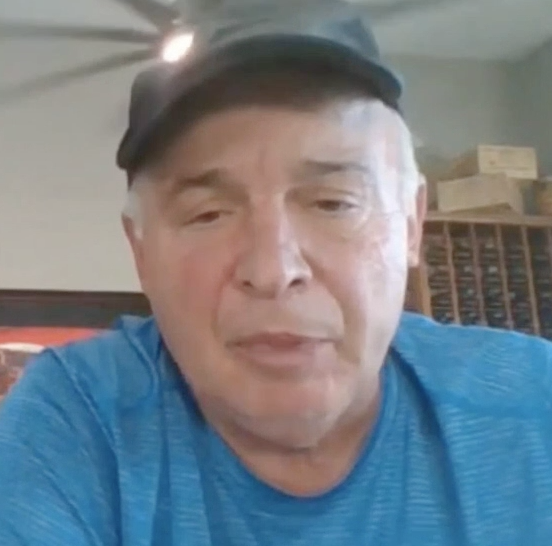Caregivers – The Silent Victims!
To Be Valued is a Basic Human Need.
Stroke and catastrophic events cause sudden and unexpected disruption in a family’s life and can cause all sorts of problems. People caring for dementia, alzheimers or others that are dependant on them also need emotional support.
The simple act of listening deeply to them demonstrates that they are valued.
“I just didn’t care.”
Larry, a stroke survivor said, “I just didn’t care.”
Could Larry have felt that he had nothing left to contribute?
Those who have survived a stroke often have a tremendous sense of loss of meaning and identity.
Larry Roher – “I just didn’t care.”
“I don’t matter anymore.”
Caregivers also suffer frustration, anger, and confusion. They can feel a loss of identity and, like caregiver Brenda, lose themselves in their role of full-time carers.
Brenda said, “I don’t matter anymore.”
Brenda Roher – “I don’t matter anymore.”
“If the caregiver is running on empty how can they support the survivor?”
Brenda and Larry have now joined the crusade to help other carers and survivors achieve renewed hope, meaning and purpose after the devastation of stroke or traumatic injury.
The Courses
- We start with an overview of interpersonal communication and why it so often goes wrong.
- Next we discover that the problem is not the Change but the Transition.
- The Departure Lounge describes 7 clues that will help you identify when a fellow carer is struggling.
- And then the magic. Deep Listening shows you how to reconnect with your loved one by giving you the communication skills you need to find new meaning and purpose in life.
Deep Listening has enormous benefits for the carer.
- Deep listening enables you to reestablish an emotional connection with your partner
- Clarify what the survivor means, reducing misunderstandings and arguments
- Create a bond by identifying the how the survivor is feeling
- Take control of your automatic reactions by expressing how you are feeling
- ‘Hear’ what is not being said
- Diffuse criticism and verbal abuse calmly and without judgement
- Set boundaries to protect yourself
- Increase self-awareness
- Regain your identity, a sense of who you are.
“I had to find a quiet spot where my husband couldn’t hear me, and I would weep.”
This lady’s family and friends couldn’t cope with the situation. She felt abandoned, left without much-needed emotional support.
We are changing that!
“I would find a lonely spot and weep.”
By learning to listen deeply, carers can provide the emotional support that other carers need.
Carers need someone to ‘Listen to them’. They do not need solutions or pity. They just want to be valued.
Learn to give your family, survivor and other carers the invaluable gift of Deep listening.



